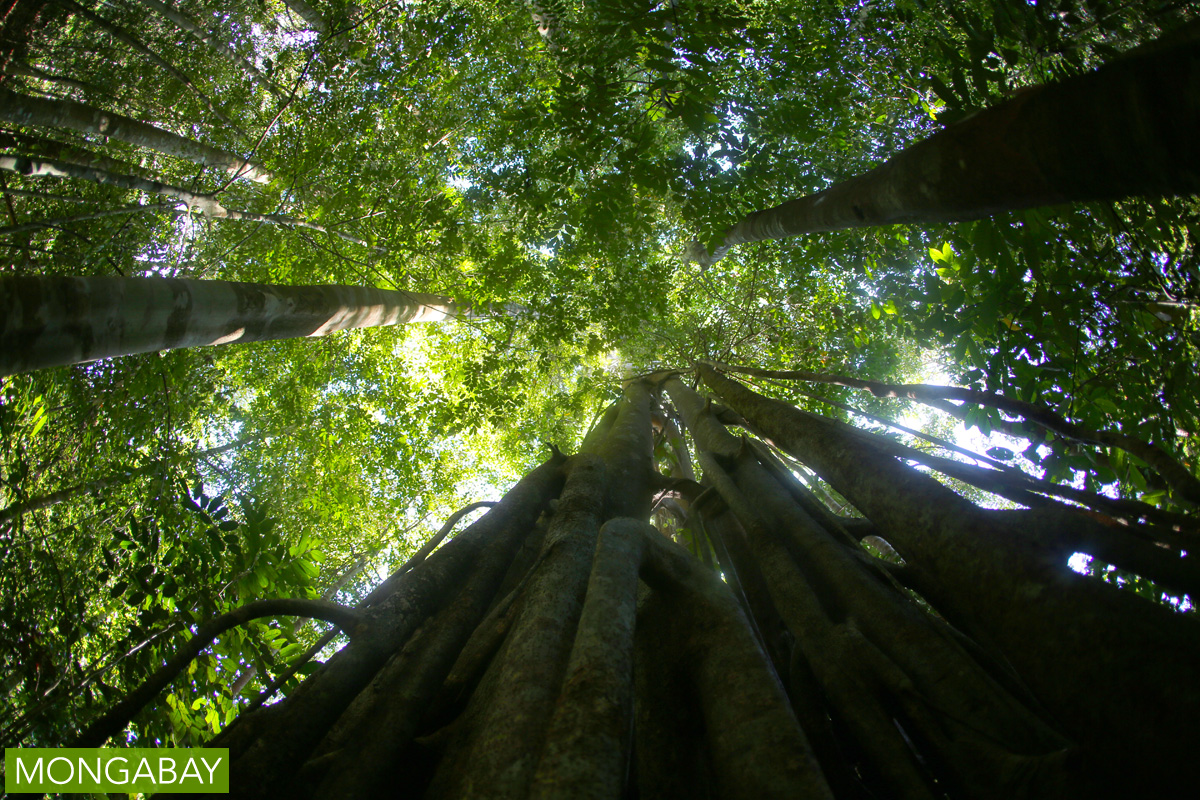There is an accelerating effort among scientists, forest and wildlife managers as well as technologists and interest groups from NASA, Google and the Jane Goodall Institute to harness new technologies. These technologies, which include satellite sensors, drones, camera traps and DNA detectors, can be used to improve and maintain forest and wildlife conservation; fight and expose illegal, unsustainable practices; and prevent the use of dangerous fuels and chemicals. Our panel will discuss what is new and what is working in this area. They will also discuss what 21st century technology might soon be available to protect and create healthy and safe environments in the Bay Area and throughout the world.
SPEAKERS
Rhett Butler
Founder and CEO, Mongabay
Topher White
Founder and CEO, Rainforest Connection
Crystal Davis
Director, Global Forest Watch
Virgil Zetterlind
Director, Protected Seas; Chief Technology Office, Conserve.IO
5:30 p.m. check-in
6 p.m. program
Tickets:
$20 general admission
$8 for Commonwealth Club members
FREE for students
https://www.commonwealthclub.org/events/2017-09-27/can-technology-drive-conservation





